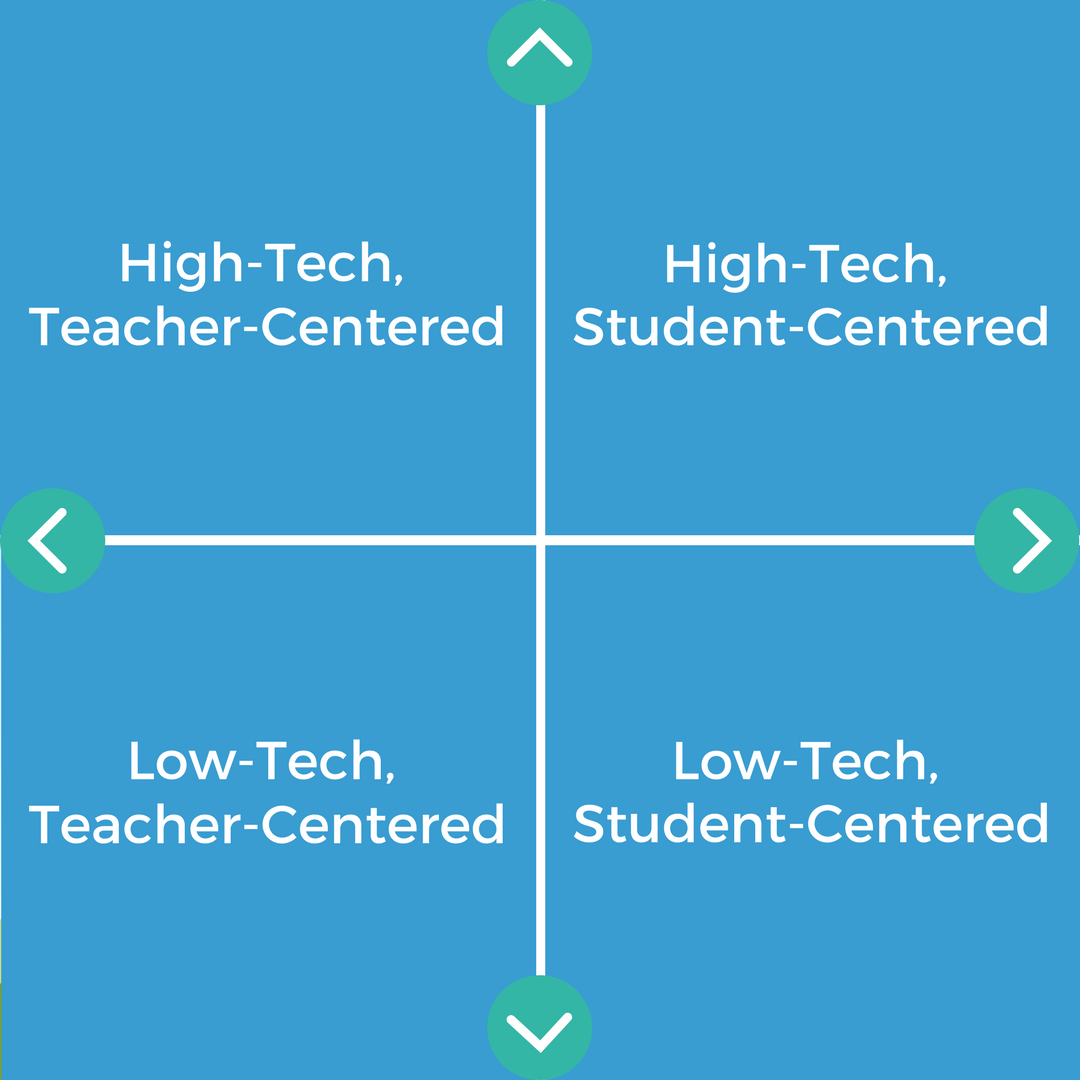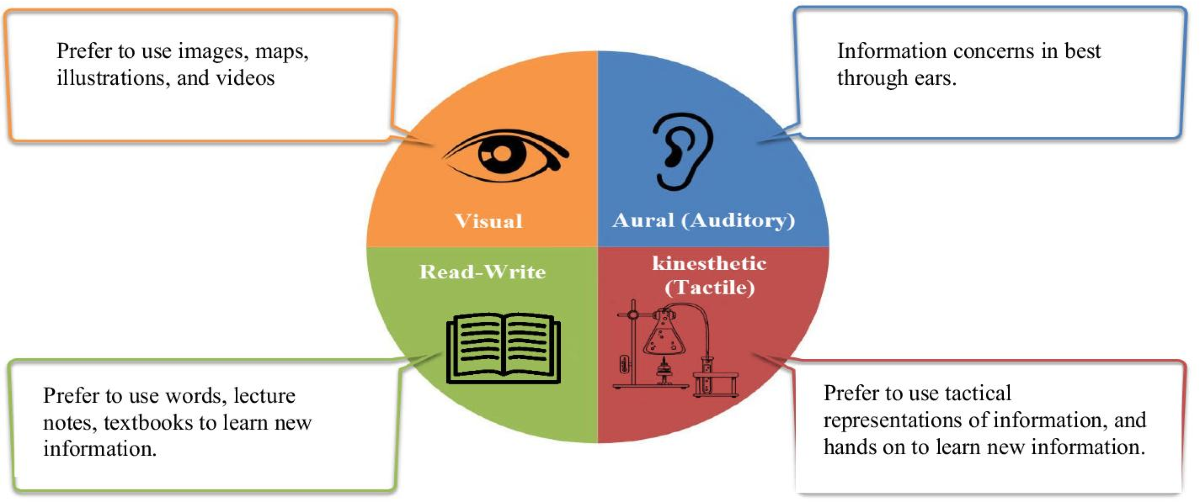Strategies for Effective Online Group Projects
Introduction to Online Group Projects
Online group projects have become commonplace in educational institutions and workplaces alike. These projects require individuals to collaborate remotely using various digital tools and platforms. While online group projects offer numerous benefits, they also present unique challenges that need to be addressed for successful outcomes.
Importance of Collaboration
Collaboration lies at the heart of online group projects. It allows individuals with diverse skills and perspectives to come together to achieve a common goal. Through collaboration, participants can leverage each other's strengths, share knowledge, and brainstorm innovative ideas. This collaborative effort often leads to higher-quality outcomes than individual work.

Writing essays in the field of nursing requires a comprehensive understanding of healthcare concepts and strong writing skills. For students who may find themselves struggling to articulate their thoughts effectively or meet the rigorous standards of academic writing, seeking assistance from a professional nursing essay writing service can be immensely beneficial. These services offer expert guidance and support from experienced professionals who specialize in nursing writing. Whether you need help with brainstorming ideas, structuring your essay, or revising your draft, a nursing essay writing service can provide the assistance you need to excel in your coursework.
Challenges of Online Group Work
Despite the benefits, online group work poses several challenges. One of the primary challenges is communication barriers. Without face-to-face interaction, team members may struggle to convey their ideas effectively, leading to misunderstandings and conflicts. Additionally, coordinating schedules across different time zones and managing virtual meetings can be challenging.
Understanding Effective Online Group Projects
To ensure the success of online group projects, it's essential to understand what constitutes an effective collaboration.
Definition and Characteristics
Effective online group projects are characterized by seamless communication, clear goals, and a shared sense of purpose among team members. Each member understands their role and responsibilities within the group and actively contributes to the project's progress. Moreover, effective group projects foster a supportive and inclusive environment where every member feels valued and heard.
Benefits of Effective Online Group Projects
When executed properly, effective online group projects offer several benefits. These include improved productivity, enhanced learning experiences, and the development of essential teamwork and communication skills. Additionally, successful group projects often result in higher-quality outcomes due to the combined efforts of multiple individuals.
Key Strategies for Effective Online Group Projects
To achieve success in online group projects, several key strategies can be employed.
Clear Communication
Clear and open communication is paramount in online group projects. Team members should establish channels for communication and set expectations regarding response times. Additionally, using collaborative tools such as project management software and messaging platforms can help streamline communication and keep everyone informed.
Establishing Roles and Responsibilities
Assigning clear roles and responsibilities ensures that each team member knows what is expected of them. This helps prevent confusion and minimizes the risk of tasks falling through the cracks. By clearly defining roles, teams can capitalize on each member's strengths and expertise, leading to a more efficient workflow.
Setting Goals and Deadlines
Setting specific, measurable goals and deadlines provides structure and direction to the project. It allows team members to track progress and stay focused on achieving key milestones. Regular checkpoints and progress updates help keep the project on track and enable timely adjustments if needed.
Utilizing Technology Tools
Technology plays a crucial role in facilitating online group projects. Utilizing tools such as video conferencing, cloud storage, and collaborative document editing software can enhance communication and collaboration among team members. These tools streamline workflow processes and enable real-time collaboration, regardless of geographical location.
Managing Conflicts
Conflict is inevitable in group settings, but how it's managed can determine the success or failure of a project. Encouraging open dialogue and active listening can help resolve conflicts constructively. Additionally, establishing ground rules for conflict resolution and seeking mediation when necessary can help maintain a positive team dynamic.
Providing Constructive Feedback
Feedback is essential for continuous improvement. Encouraging a culture of feedback within the group allows members to share their thoughts and suggestions openly. Constructive feedback should be specific, actionable, and focused on improvement rather than criticism. By providing and receiving feedback regularly, team members can identify areas for growth and make necessary adjustments to improve performance.
Implementing Strategies for Success

Implementing the strategies outlined above involves three main phases: planning, execution, and evaluation.
Planning Phase
During the planning phase, team members collaborate to define project goals, establish roles, and create a timeline for completion. This phase also involves outlining communication protocols and selecting appropriate technology tools.
Execution Phase
In the execution phase, team members work together to complete tasks according to the project plan. Clear communication and collaboration are key during this phase to ensure that everyone stays aligned and focused on achieving the project's objectives.
Evaluation Phase
The evaluation phase involves reflecting on the project's outcomes and identifying areas for improvement. Team members should assess what went well and what could be done differently in future projects. This phase provides valuable insights for continuous learning and development.
Case Studies: Successful Online Group Projects
To illustrate the effectiveness of the strategies mentioned above, let's examine some real-life case studies of successful online group projects.
Example 1: Virtual Hackathon
A group of software developers participated in a virtual hackathon to develop a mobile application. Through clear communication, defined roles, and regular progress updates, the team successfully delivered a functional prototype within the allotted time frame.
When the demands of online classes become overwhelming, it's crucial to explore options for support that can help alleviate some of the pressure. If you're struggling to keep up with coursework or feeling stretched thin by other commitments, you might consider the option to hire someone to take online class. This service offers a practical solution for students who need extra assistance in managing their online coursework effectively. By enlisting the help of experienced professionals, you can delegate some of the workload and ensure that your academic requirements are met with expertise and efficiency.
Example 2: Online Course Collaboration
In an online course project, students collaborated virtually to create a multimedia presentation. By utilizing technology tools such as shared documents and video conferencing, the team effectively coordinated their efforts and produced a high-quality presentation that received positive feedback from their instructor.
Conclusion
In conclusion, effective online group projects require careful planning, clear communication, and strong collaboration among team members. By implementing strategies such as establishing roles, setting goals, and utilizing technology tools, teams can overcome the challenges of remote collaboration and achieve successful outcomes. Ultimately, effective online group projects not only deliver superior results but also foster valuable teamwork and communication skills.
FAQs
- How can I ensure effective communication in an online group project?
Effective communication in online group projects can be ensured by establishing clear channels for communication, setting expectations regarding response times, and utilizing collaborative tools for seamless interaction.
- What role does technology play in facilitating online group projects?
Technology plays a crucial role in facilitating online group projects by providing tools for communication, collaboration, and project management. These tools help streamline workflow processes and enable real-time collaboration among team members.
- How can conflicts be managed effectively in an online group setting?
Conflicts in online group settings can be managed effectively by encouraging open dialogue, active listening, and constructive feedback. Establishing ground rules for conflict resolution and seeking mediation when necessary can help maintain a positive team dynamic.
- What are the benefits of effective online group projects?
Effective online group projects offer several benefits, including improved productivity, enhanced learning experiences, and the development of essential teamwork and communication skills. Additionally, successful group projects often result in higher-quality outcomes due to the combined efforts of multiple individuals.
- How can I ensure successful outcomes in an online group project?
Successful outcomes in online group projects can be ensured by implementing key strategies such as clear communication, goal setting, role establishment, conflict management, and utilizing technology tools effectively.







